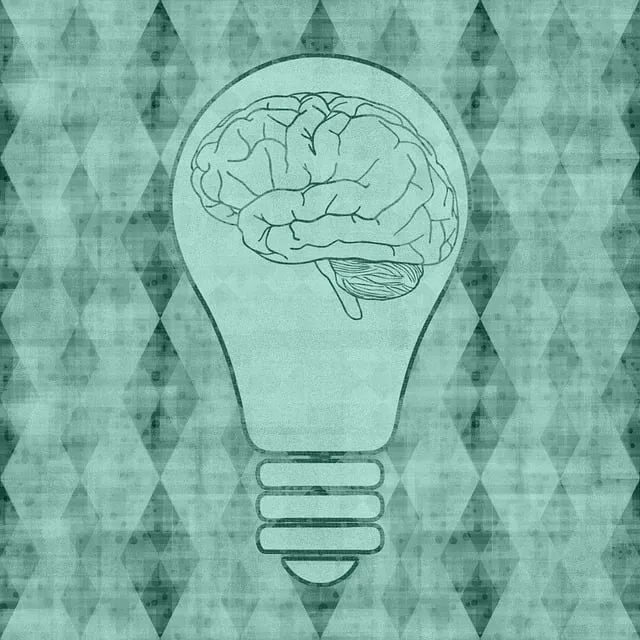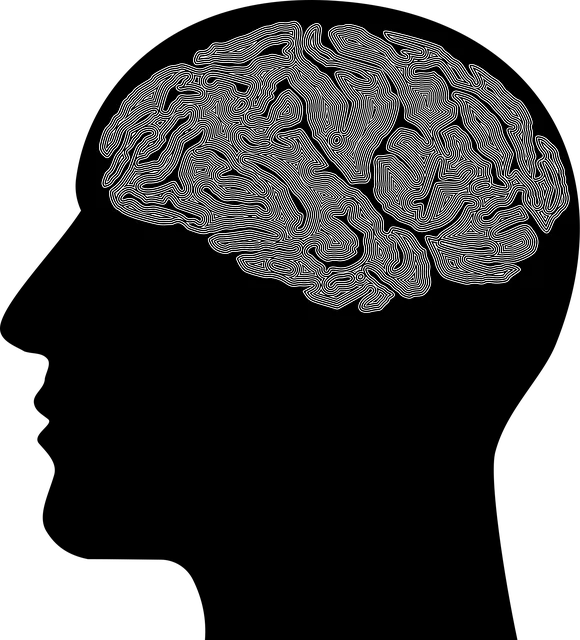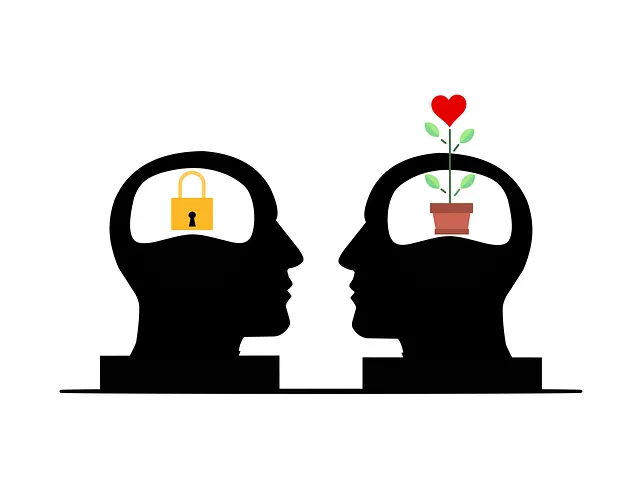Mindfulness meditation, backed by research from institutions like Littleton Kaiser Permanente, effectively reduces stress, anxiety, and promotes emotional well-being. Accessible to all, starting a routine involves 10-15 minutes of daily practice, beginning with simple breathing exercises or guided meditations. Advanced techniques can be incorporated as comfort allows, focusing on present-moment awareness rather than specific states. Challenges like inconsistency or focus issues can be overcome through integration into daily life, use of guidance tools, and mental wellness coaching programs. For expert support, the Littleton Kaiser Permanente psychiatry phone number offers tailored mindfulness programs crucial for healthcare professionals' burnout prevention and mental health risk assessment.
Discover the transformative power of mindfulness meditation with our comprehensive guide. From understanding its profound benefits to mastering basic techniques, this article equips you for a meaningful journey. Learn how to establish a consistent practice routine tailored to your lifestyle. We also address common challenges and offer strategies to overcome them. For personalized support, refer to the Littleton Kaiser Permanente psychiatry phone number for expert advice.
- Understanding Mindfulness Meditation: Benefits and Basics
- Getting Started with a Practice Routine
- Overcoming Common Challenges in Mindfulness Journey
Understanding Mindfulness Meditation: Benefits and Basics

Mindfulness meditation is a practice that involves focusing your awareness on the present moment, while calmly acknowledging and accepting your feelings, thoughts, and bodily sensations. It’s not about stopping thoughts or clearing the mind, but rather observing them without judgment. This simple yet powerful practice has gained significant traction in recent years, with many people turning to it for its numerous mental health benefits. Research backed by institutions like Littleton Kaiser Permanente psychiatry phone number shows that mindfulness meditation can effectively reduce stress and anxiety, enhance emotional well-being promotion techniques, and even aid in emotional healing processes.
The basics of mindfulness meditation involve finding a quiet space where you won’t be disturbed. You sit comfortably with your back straight but not rigid, close your eyes, and bring your attention to your breath. When thoughts or distractions arise, gently guide your focus back to your breathing. Regular practice—just a few minutes each day—can help cultivate a deeper sense of calm and clarity, making it an accessible tool for managing everyday stress and improving mental resilience. Incorporating mindfulness into your routine can be a game-changer in promoting Stress Reduction Methods and maintaining overall emotional balance.
Getting Started with a Practice Routine

Starting a mindfulness meditation practice can feel overwhelming at first, but with a structured routine, anyone can reap its benefits. Begin by setting aside just 10-15 minutes each day for your practice. Consistency is key; try to meditate at the same time every day to establish a rhythm. You might start with simple breathing exercises or guided meditations available through various apps or online resources. The Littleton Kaiser Permanente psychiatry phone number can be a valuable resource to learn more about mindfulness programs tailored to healthcare professionals, considering Burnout Prevention and Risk Assessment for Mental Health Professionals are crucial aspects of self-care in this field.
Over time, as you grow more comfortable, incorporate different techniques like body scans, mindful walking, or loving-kindness meditation. Remember, mindfulness is not about achieving a certain state but rather cultivating present-moment awareness. It’s an ongoing practice that supports Burnout Prevention Strategies for Healthcare Providers and helps maintain mental resilience.
Overcoming Common Challenges in Mindfulness Journey

Many individuals embark on a mindfulness meditation journey with high hopes, yet they often encounter challenges that may deter them from continuing. One common hurdle is staying consistent; our modern lifestyles are busy and demanding, making it difficult to carve out dedicated time for practice. However, understanding that consistency is key, we can overcome this by incorporating short meditation sessions into daily routines, utilizing tools like timers or apps to help us stay on track.
Another challenge lies in maintaining focus during meditation. Our minds naturally wander, especially when dealing with stress or anxiety. It’s important to remember that this is normal and part of the emotional healing processes. With practice, mindfulness becomes a muscle that strengthens over time. Engaging in mental wellness coaching programs can offer valuable guidance, teaching techniques to overcome these challenges and foster self-esteem improvement, ensuring a more successful and rewarding mindfulness journey.
Mindfulness meditation, as a simple yet powerful practice, can significantly enhance your overall well-being. By incorporating regular sessions into your routine, you can improve focus, reduce stress, and foster emotional balance. Overcoming initial challenges is key to unlocking these benefits, and with consistent effort, you’ll find yourself navigating life’s ups and downs with greater clarity and resilience. For personalized guidance, consider reaching out to a psychiatric professional at Littleton Kaiser Permanente, where expert support can complement your mindfulness journey.






